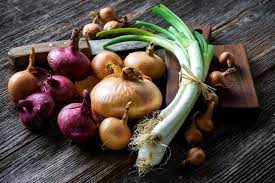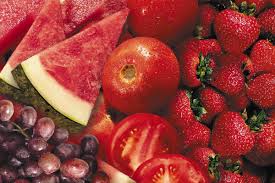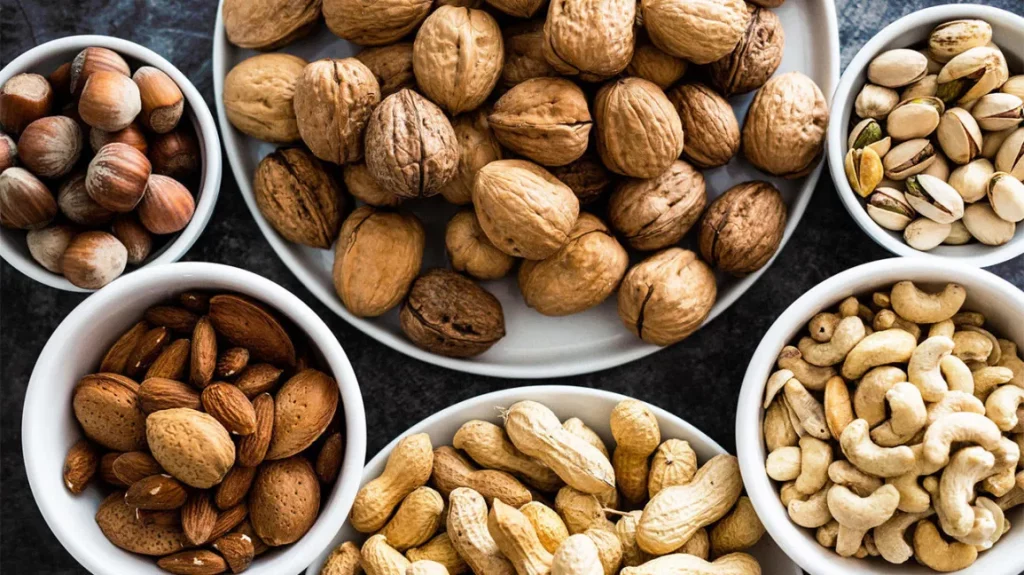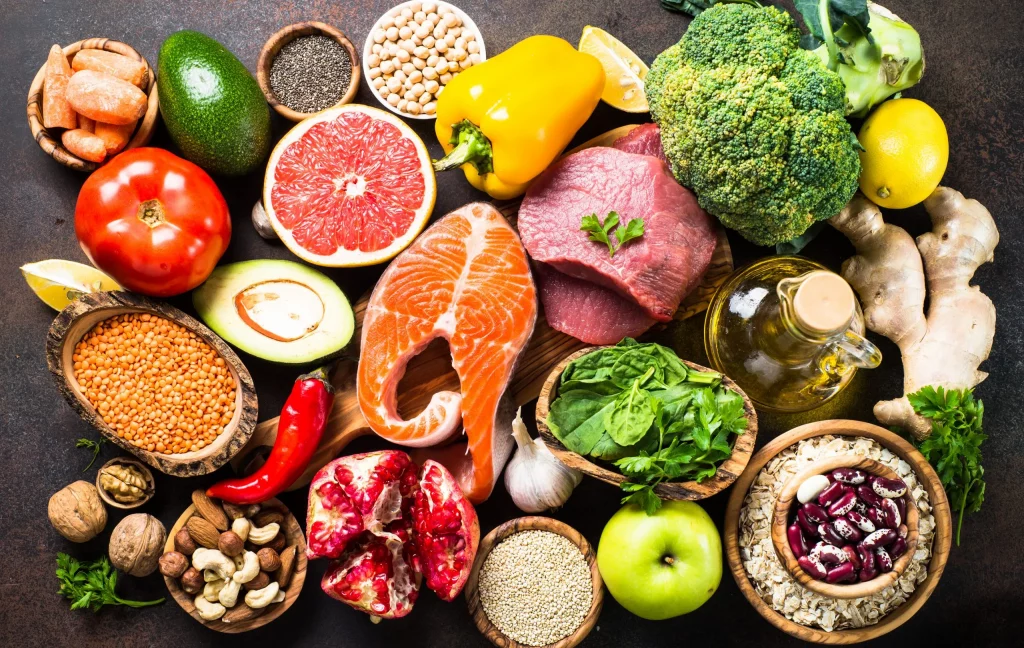7 Nutritional Tips for Winter
With winter comes coughs, colds, and the flu, plus, for many of us, winter comes with additional weight gained. The winter season is an important time of the year to stay healthy and adequately nourished.
To be clear, sticking to healthy meals won’t prevent you from catching any of this sickness winter brings. Still, it can help build up your immune system to help fight against these diseases and prevent them from causing severe health issues and complications.
Eating a nutritious diet during the winter enables you to get back on your feet no matter how many times you get ill from this winter sickness. One of the most fundamental ways to strengthen your immune system and performance is by absorbing the nutrients we get from our fruits and food. That is why we need to consume enough healthy food and fruits.
Although during winter, it is challenging to maintain healthy eating habits because the growth rate of most fruits and vegetables declines significantly as winter approaches, it is also tiring to go out to look for healthy food, i.e., fresh fruits and vegetables, However, here are the 7 Nutritional Tips for winter:
1. Consume plenty of fresh fruits

High on the list are fresh fruits; However, fruits may be tough to get during the winter; most fruits like persimmons, pomegranates, crabapples, apples, cherries, raspberries, citrus, and strawberries grow well during the winter.
They will provide you with plenty of vitamins, minerals, and phytochemicals. These nutrients will help fortify your immune system from unwanted intruders while boosting your performance. You can get as many of these fruit at a time and fear not for spoilage because, during winter, the weather becomes so cold, creating a kind of natural refrigerator for preserving these fruits.
2. Option for seasonal products

Surround yourself with regional and seasonal fruits and vegetables since valuable ingredients can be lost by lengthy transport and storage times. Winter varieties such as pumpkin, chicory, radicchio, root vegetables, and all kinds of cabbage are delicious at this time of year. With fruits, choose varieties harvested in late autumn, such as apples, pears, pomegranates, and grapes.
And if you had any doubts, frozen vegetables and fruit are better than their reputation. These fruits are shock-frozen shortly after harvest so that a good portion of micronutrients are saved. Keep an eye out for any preservatives or artificial ingredients and defrost produce gently, e.g., overnight in a refrigerator.
3. Include Onions and garlic to your meals

A vegetable that drives you to tears from your eyes should regularly appear in your meal. Onions, leeks, chives, and garlic are mainly available throughout the year and are full of valuable ingredients that have an antibacterial and disinfecting effect.
Onions may have several health benefits, primarily due to their high content of antioxidants and sulfur-containing compounds. They also have anti-inflammatory effects linked to a reduced risk of cancer, lower blood sugar levels, and improved bone health. So you may want to consider including them in your diet.
4. Eat enough Red fruits to protect your cells

Foods with an antioxidant effect protect you from harmful free radicals that can easily damage body cells, particularly in winter. At the forefront of natural antioxidants are pomegranates and berries. The latter is scarce in winter, so it’s worth getting hold of frozen versions.
5. Use Vitamin D to fight against the winter blues

With the help of sunlight, our bodies have been able to produce vitamin D naturally. But since natural daylight in winter isn’t abundant, seeking food containing Vitamin D to match your deficit will be the right thing to do. There are primarily foods such as fish (e.g., salmon, tuna, and cod), eggs, avocado, and mushrooms) which can be a perfect supplier of Vitamin D.
6. Warm-up from the inside with spicy and hot food and drinks

As a general focus, make sure many hot foods and drinks with lots of spices should be on your menu. These warm your organs and muscles internally and stimulate blood circulation and metabolism while developing resistance to low temperatures. Using ginger, chili, pepper, cinnamon, and nutmeg in your meals, you can not only jazz up the flavor of your food but also prepare delicious teas.
7. Get serotonin from nuts to keep you awake

Long periods of low sunlight also produce more sleep hormone melatonin, making you tired, sluggish, and unmotivated. To put this in check, you need melatonin’s opponent, serotonin, formed from the amino acid tryptophan. All kinds of nuts, from peanuts and cashews to hazelnuts and sunflower seeds, provide you with this valuable substrate.
You may also like to read our recent article , disadvantages of tiger nut; health complications and Health importance of tiger nuts;

Pingback: 7 NUTRITIONAL TIPS FOR ATHLETES